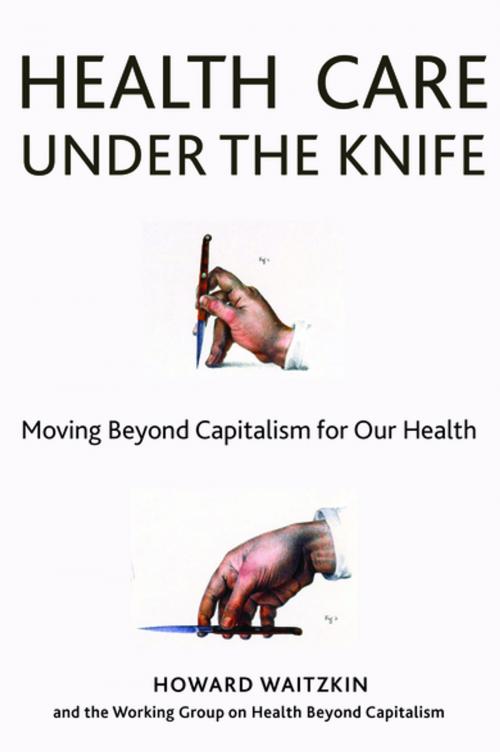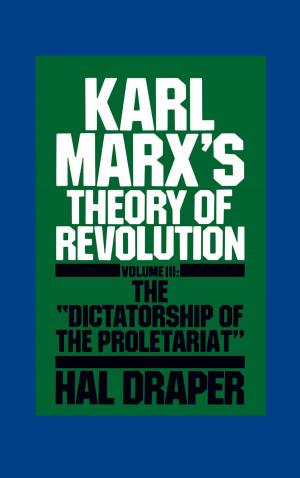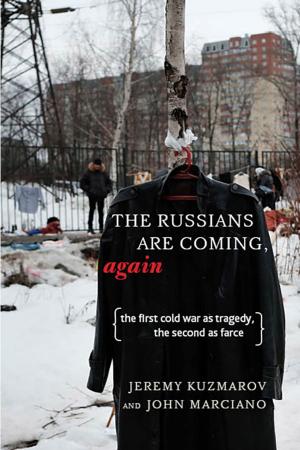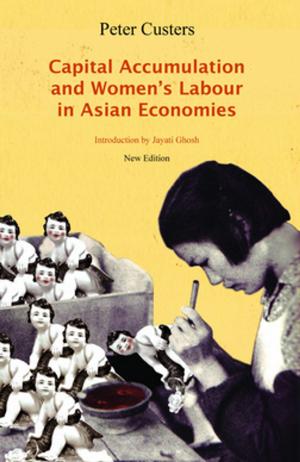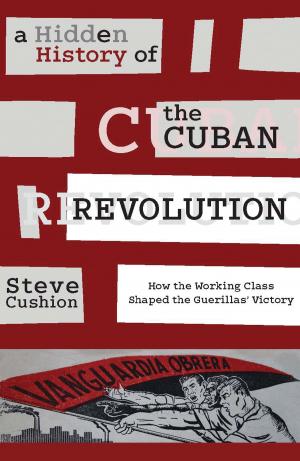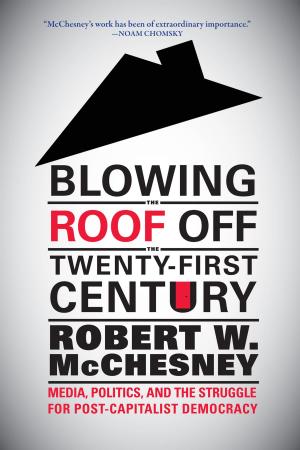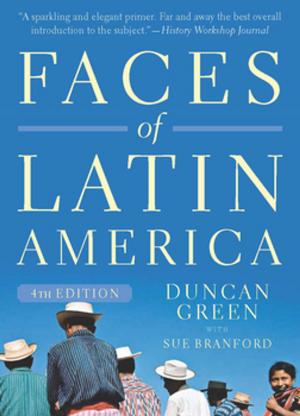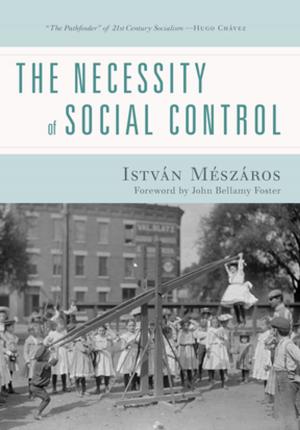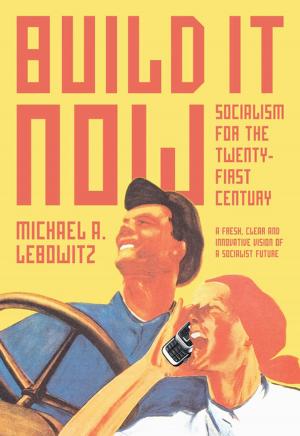Health Care Under the Knife
Moving Beyond Capitalism for Our Health
Nonfiction, Health & Well Being, Medical, Reference, Health Policy, Social & Cultural Studies, Political Science, Politics, Economic Policy| Author: | ISBN: | 9781583676769 | |
| Publisher: | Monthly Review Press | Publication: | March 15, 2018 |
| Imprint: | Monthly Review Press | Language: | English |
| Author: | |
| ISBN: | 9781583676769 |
| Publisher: | Monthly Review Press |
| Publication: | March 15, 2018 |
| Imprint: | Monthly Review Press |
| Language: | English |
“I’ve still got my health so what do I care?” goes a lyric in an old Cole Porter song. Most of us, in fact, assume we can’t live full lives, or take on life’s challenges, without also assuming that we’re basically healthy and will be for the foreseeable future. But these days, our health and well-being are sorted through an ever-expanding, profit-seeking financial complex that monitors, controls, and commodifies our very existence. Given that our access to competent, affordable health care grows more precarious each day, the arrival of Health Care Under the Knife could not be more timely. In this empowering book, noted health-care professionals, scholars, and activists—including editor Howard Waitzkin—impart their inside knowledge of the medical system: what’s wrong, how it got this way, and what we can do to heal it.
The book is comprised of individual essays addressing the “medical industrial complex,” the impact of privatization and cutbacks under neoliberalism, the nature of health-care work, and the intersections between health care and imperialism, both historically and at present. We see how the health of our bodies in “developed” countries is tied to the health of the bodies of the labor force in the Global South, and how the World Bank and the International Monetary Fund are linked strangely, inextricably, to our physical well-being. But this analysis would not be complete without the book’s final section, which delivers invaluable guidance for how to change this system. Recounting case studies and successful efforts for creating a more humane community, this book ultimately gives us hope that our health-care system can be rescued and made an integral part of a new and radically different society.
“I’ve still got my health so what do I care?” goes a lyric in an old Cole Porter song. Most of us, in fact, assume we can’t live full lives, or take on life’s challenges, without also assuming that we’re basically healthy and will be for the foreseeable future. But these days, our health and well-being are sorted through an ever-expanding, profit-seeking financial complex that monitors, controls, and commodifies our very existence. Given that our access to competent, affordable health care grows more precarious each day, the arrival of Health Care Under the Knife could not be more timely. In this empowering book, noted health-care professionals, scholars, and activists—including editor Howard Waitzkin—impart their inside knowledge of the medical system: what’s wrong, how it got this way, and what we can do to heal it.
The book is comprised of individual essays addressing the “medical industrial complex,” the impact of privatization and cutbacks under neoliberalism, the nature of health-care work, and the intersections between health care and imperialism, both historically and at present. We see how the health of our bodies in “developed” countries is tied to the health of the bodies of the labor force in the Global South, and how the World Bank and the International Monetary Fund are linked strangely, inextricably, to our physical well-being. But this analysis would not be complete without the book’s final section, which delivers invaluable guidance for how to change this system. Recounting case studies and successful efforts for creating a more humane community, this book ultimately gives us hope that our health-care system can be rescued and made an integral part of a new and radically different society.
“I’ve still got my health so what do I care?” goes a lyric in an old Cole Porter song. Most of us, in fact, assume we can’t live full lives, or take on life’s challenges, without also assuming that we’re basically healthy and will be for the foreseeable future. But these days, our health and well-being are sorted through an ever-expanding, profit-seeking financial complex that monitors, controls, and commodifies our very existence. Given that our access to competent, affordable health care grows more precarious each day, the arrival of Health Care Under the Knife could not be more timely. In this empowering book, noted health-care professionals, scholars, and activists—including editor Howard Waitzkin—impart their inside knowledge of the medical system: what’s wrong, how it got this way, and what we can do to heal it.
The book is comprised of individual essays addressing the “medical industrial complex,” the impact of privatization and cutbacks under neoliberalism, the nature of health-care work, and the intersections between health care and imperialism, both historically and at present. We see how the health of our bodies in “developed” countries is tied to the health of the bodies of the labor force in the Global South, and how the World Bank and the International Monetary Fund are linked strangely, inextricably, to our physical well-being. But this analysis would not be complete without the book’s final section, which delivers invaluable guidance for how to change this system. Recounting case studies and successful efforts for creating a more humane community, this book ultimately gives us hope that our health-care system can be rescued and made an integral part of a new and radically different society.
“I’ve still got my health so what do I care?” goes a lyric in an old Cole Porter song. Most of us, in fact, assume we can’t live full lives, or take on life’s challenges, without also assuming that we’re basically healthy and will be for the foreseeable future. But these days, our health and well-being are sorted through an ever-expanding, profit-seeking financial complex that monitors, controls, and commodifies our very existence. Given that our access to competent, affordable health care grows more precarious each day, the arrival of Health Care Under the Knife could not be more timely. In this empowering book, noted health-care professionals, scholars, and activists—including editor Howard Waitzkin—impart their inside knowledge of the medical system: what’s wrong, how it got this way, and what we can do to heal it.
The book is comprised of individual essays addressing the “medical industrial complex,” the impact of privatization and cutbacks under neoliberalism, the nature of health-care work, and the intersections between health care and imperialism, both historically and at present. We see how the health of our bodies in “developed” countries is tied to the health of the bodies of the labor force in the Global South, and how the World Bank and the International Monetary Fund are linked strangely, inextricably, to our physical well-being. But this analysis would not be complete without the book’s final section, which delivers invaluable guidance for how to change this system. Recounting case studies and successful efforts for creating a more humane community, this book ultimately gives us hope that our health-care system can be rescued and made an integral part of a new and radically different society.
